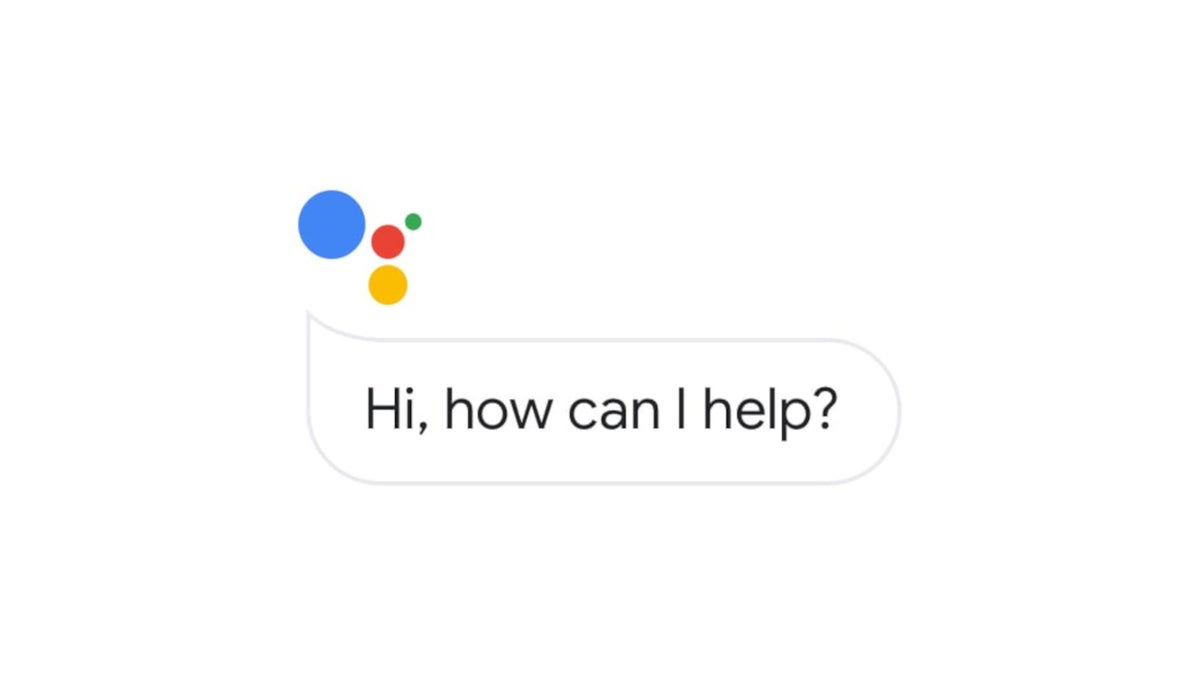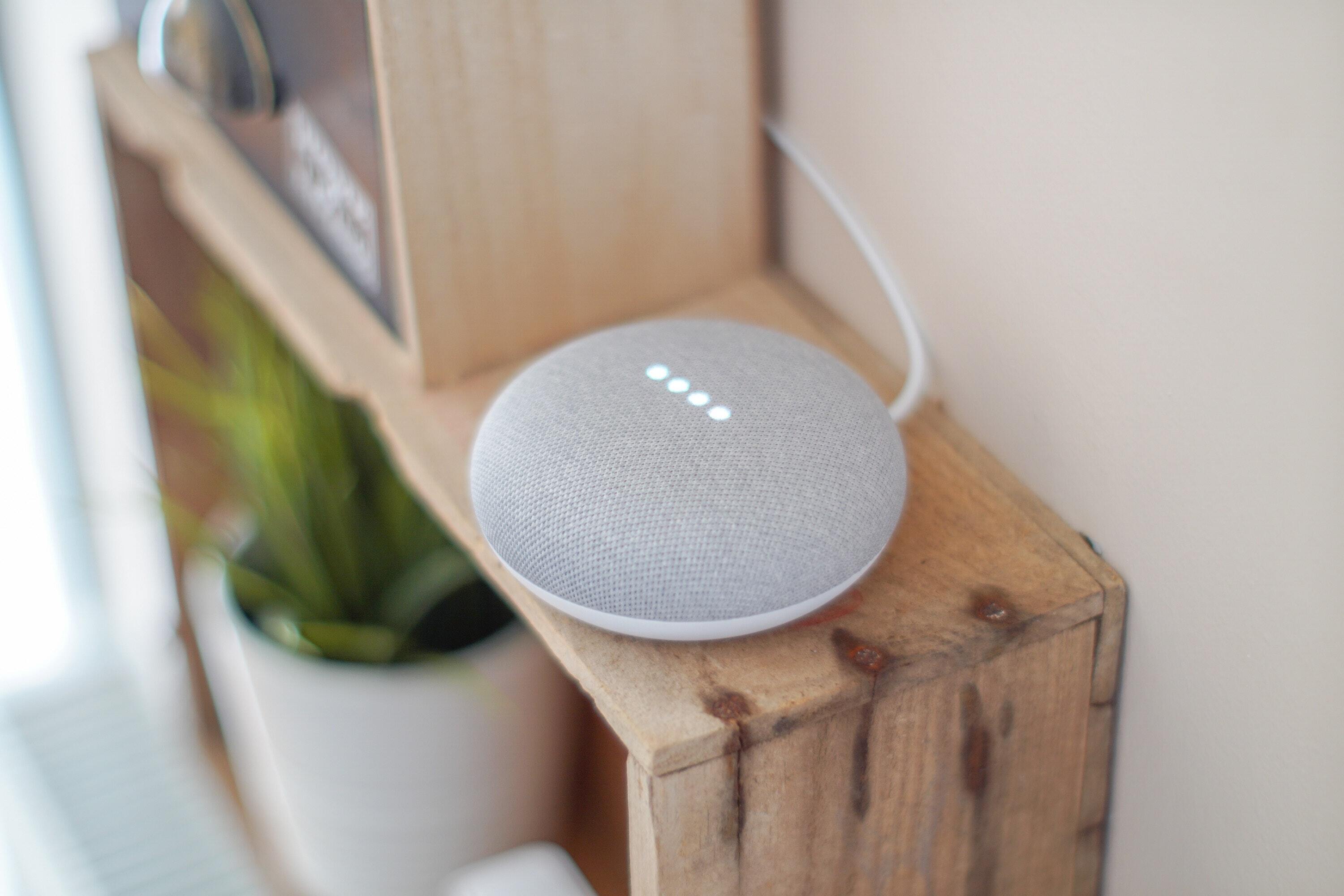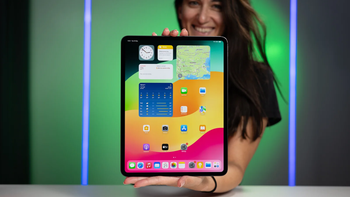Google may be forcing its voice assistant on you, sparking monopoly investigation

Google is once more under fire from antitrust authorities within the European Union, and this time it's about its popular Google voice assistant which comes preinstalled in all Android handsets.
The European Commission suspects that the search giant is forcing Android smartphone makers to exclusively install its own in-house voice assistant above any of those created by competitors, and the Commission is already performing inquiries and informal investigations to find out whether this is true.
According to a report by Reuters, if Google is indeed found guilty, the threatened fine it will have to pay up could be as big as 10% of the company's global turnover. Global market research firm Statista reports that Google's revenue from 2020 alone amounted to over $180 billion, and it has only been growing from year to year.
While such a fine is no laughing matter in and of itself, it by far won't be Google's first—over the last decade alone, Google has already been fined around 10 billion dollars by the EU Commission over three other cases of violations of antitrust regulations. Even now, Epic Games is pushing on with its lawsuit against Google for exercising an illegal monopoly with the Google Play Store.
The current lawsuit over Google Assistant could end up costing Google more than any previous antitrust lawsuit, however.
The EU Commission questions manufacturers if Google is implicating them into exclusivity practices
The European Commission has already contacted multiple Android smartphone manufacturers, questioning them as to whether Google has contracted them to exclusively pre-install Google Assistant, banning rivals from making it onto the handsets—although Google Assistant isn't quite the most popular voice assistant on the European market right now, coming in third in smart speaker form, behind Amazon's Alexa and Apple's Siri (respectively).
"Google would do well to review its business practices with its partners," warns Andrea Pomana, a member of a principal German law firm which advises the Commission. "The Commission, still yearning for the Digital Markets Act, might be losing its patience," she says.
Google is fighting back, arguing that its operating system provides more freedom to developers and consumers than any other mobile platform out there. It also denied having any influence on which voice assistant its contracted manufacturers pre-installed on Android smartphones.
"Manufacturers can choose which voice assistants to install on their devices and users can also choose which assistants to use and install" —Google
If these manufacturers end up producing any tangible proof that Google was indeed involved in such an exclusivity practice, the EU Commission's case could effectively proceed against the search giant.
There will be mountains of cash up for grabs in the smart speaker market soon

With the global voice assistant market growing exponentially over the past years, Statista estimates that by 2024, there are expected to be 8.4 billion independent smart speaker devices in circulation—double the 4.2 billion that were around last year.
If Google forces all Android smartphone consumers to use Google Assistant, they'd be more likely to buy a Google smart speaker in the future, allowing the giant to easily expand its portion of the quickly expanding market.
Andrea Pomana also explains that it isn't surprising to see voice assistants become the next point of contention between the biggest tech giants and antitrust regulators, as one of their biggest revenue-generating features is collecting mountains of invaluable data about their users, which is then used in targeted advertising to generate even bigger mountains of cash.
Investigations include whether two voice assistants can be installed on Android smartphones
The antitrust regulators are also looking into whether it's possible for users to install two or more different voice assistants on their Android devices. If Google allows Google Assistant and Alexa to coexist on the same device, for example, it might not entirely let Google off the hook, but it would certainly help the tech giant's case.
Follow us on Google News












Things that are NOT allowed:
To help keep our community safe and free from spam, we apply temporary limits to newly created accounts: